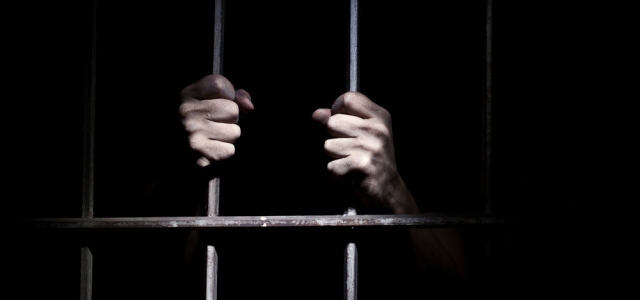As the global economy melts down and stress levels rise, it’s a good time to remind oneself that only in the darkness does real human growth come. Anyone can jet ski around the Bahamas and feel good about the world, much harder to find inner peace in the cold gray days of January with no job to feed the mortgage machine.
It’s smack in the middle of that chaos, when the known world no longer feels so familiar, when the psychic alarm keeps going off at 3 a.m., when you’re wondering, “Hey, maybe this really is the end?” that one must dig deep for the lessons that await.
Over the past few weeks first my wife, then I, succumbed to pneumonia. When my wife was struggling with the illness, I suggested that she ask herself, “What is being asked of me?” Understandably, she wasn’t too keen on that suggestion and offered one of her own that can’t be reprinted here.
Ironically, when I turned the same question on myself came the distinct understanding that I have always been weak when it comes to nurturing others. I am empathetic to their suffering, but I struggle to take the next step, reach out, offer a shoulder, to comfort. I will hand the homeless man a dollar, but I will not look him in the eye. I suppose this makes me a “limousine liberal”?
So I dig deep, try to “be there.” I rub her back, hold her fevered body against mine, offer gentle understanding vs. words of wisdom or suggestions for improvement.
Later still, when I came down with the same illness, boy was she ever there, taking care of my every need. And in the spirit of what’s good for the goose…. I asked myself, “What is this illness supposed to teach me?” Damned if the message didn’t come across, “You’re still not compassionate enough. Remember this the next time you too easily dismiss the pain and suffering of another.”
The big message in all of this: Yes, through pain, suffering, and hardship come life’s most important lessons. But our goal is not to force that wisdom onto others but to acknowledge it in ourselves. The moment we project such intentions onto another we have missed an opportunity. My wife did not need me to ask what was being offered: God or the universe or whatever you want to call it will take care of that, thank you very much. My job was to turn that question toward myself, in illness and in health. Good stuff and a reminder that only in our pain and suffering (physical, mental, etc.) does real growth come.
Lesson learned.



Nice sentiments, however, does suffering and empathy really lead us to compassion via some, introspection . Logic says, do unto others as you would want them to do unto you ; a form of self protection in time of need, however, I would say you are either born with compassion or not . We are All born with psychopathic characteristics and it is their degree which perhaps governs our true compassionate nature.
This leads me onto what I’ve been thinking about today. What is the nature of the change when one reaches a state of ‘ananda/bliss’; apart from a dopey tendency to always be smiling . Is it permanent and if so, then is it a ‘release’ rather than a ‘knowing’ which can become an ‘unknowing’ and would suggest ananda could be temporary. Further more, do you need to be born with a spititual nature, rather like I suggest, that you have to be with compassion. I question your suggestion, that experiencing pain and suffering leads to real growth. Perhaps it only reinforces what is already there inside of us . To be compassionate or spiritual you need to have that nature at birth and the seeking to develop these natures is part of maturing.
I would like to highlight your great insight about not forcing our own perceived wisdom onto others; so please read and discard as required by your own inner nature.
Writing a comment is great therapy and is to be recommended for your happiness, perhaps even your spiritual growth as you suffer to find the words to express yourself. see heading of article. ha ha ha.
Is there a ‘change’ in the person or is there a change in the ‘knowing’? In sat chit ananda it seems to me the person – the idea of this separate, suffering individual – disintegrates and with it goes all the angst, and drama, hopes and dreams assigned to it. But I don’t know because I still am.